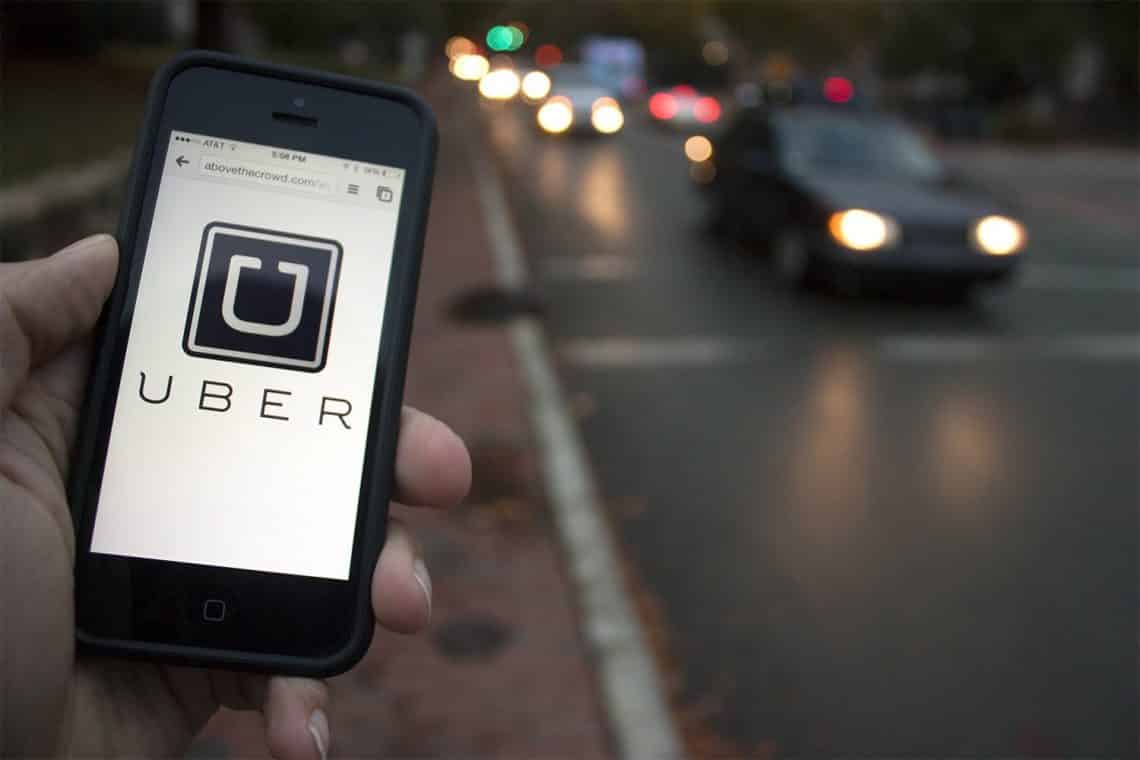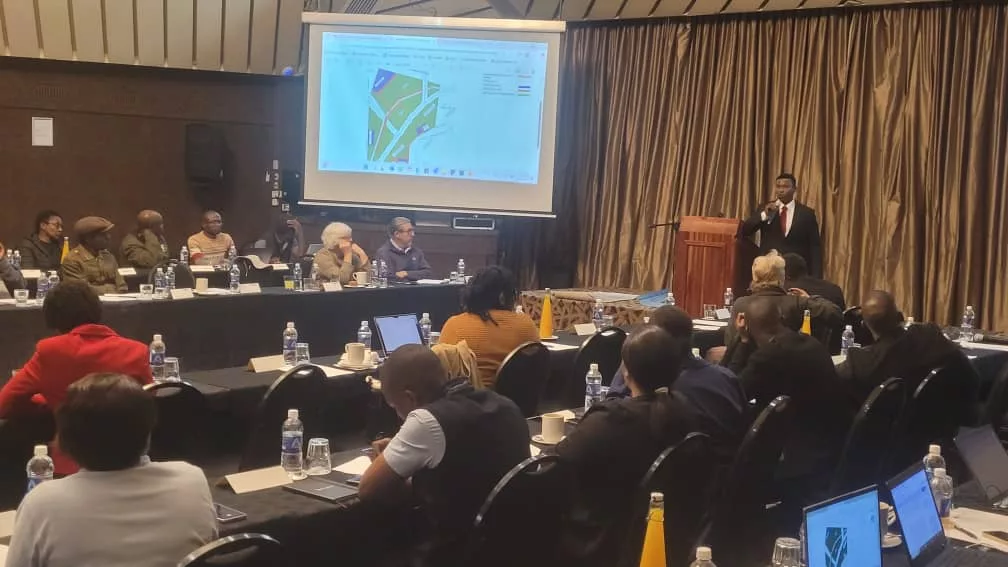Uber recently announced a new way for riders and drivers to communicate through the company’s app using voice over internet protocol, or VoIP.
Much like Skype or FaceTime audio, Uber’s new VoIP feature uses an internet connection rather than cellular phone service to make calls.
The ride-hailing company has been trialing the VoIP feature since June, and it announced its global availability at a conference in San Francisco.
Currently, Uber offers three ways for drivers and riders to communicate: SMS text messages, in-app chats, and public switched telephone networks.
Uber became interested in VoIP as it expanded globally and found that, in many countries, data calling is cheaper than cellular calls.
For people traveling abroad, the ability to communicate with a driver using an internet connection is significantly less expensive than a roaming call.
“Data calling is now much cheaper than voice calling” in certain markets, said Gagan Mac, product manager for communications at Uber. “Data is much cheaper.”
Not only is it less expensive, but for drivers, it allows them to stay within in the Uber app when coordinating pickups with riders.
This is important for Uber as it’s combating a rise in cheaper alternatives in the ride-hail market and needs to offer new features and benefits that keep drivers using its app.
Smooth pickups hinge on seamless communication between riders and drivers, Mac said. The company’s engineers are currently tinkering with new GPS tools to improve pickups in dense urban settings.
And VoIP can offer an added benefit in crowded situations, such as after a concert or sporting event, when cellular connectivity is spotty at best. Uber found that cancellation rates spiked when riders couldn’t reach their drivers, or vice versa.
Further, the adoption of VoIP calling is another sign of Uber’s transformation into a global transportation service. Hailing a ride in the Netherlands isn’t the same as hailing one in Brazil.
Each market has its cultural quirks — Japanese drivers rarely use their personal phones when working — and Uber is trying to learn all the tricks of the global trade.






